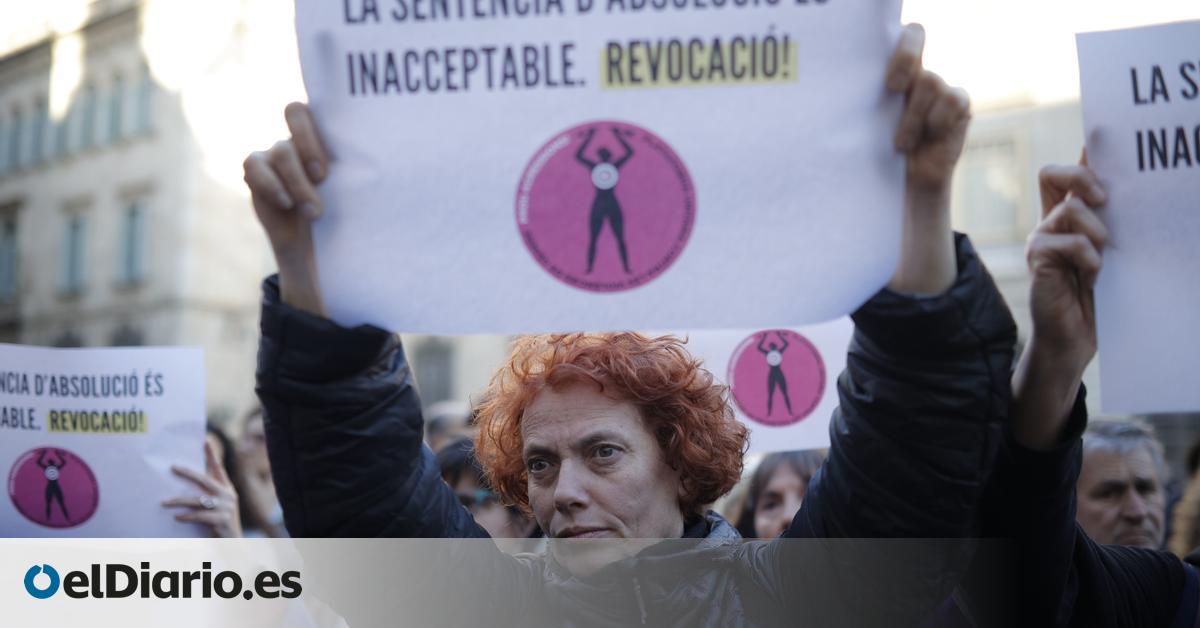
The Dani Alves case will arrive at the Supreme Court. The Superior Prosecutor’s Office of Catalonia announced on Wednesday its intention to resort to the high court the acquittal of the footballer. The complete formalization of that appeal corresponds to the Supreme Prosecutor’s Office.
The Superior Court of Justice of Catalonia (TSJC) acquitted last Friday Alves when considering that the account of the complainant is not “reliable” and that the Barcelona Court sentenced the footballer to the footballer without properly assessing the evidence and violating his presumption of innocence.
What the Catalan Superior Prosecutor’s Office has done on Wednesday is to formally communicate the TSJ its announcement of appeal to the supreme for two reasons priced in the norm: the violation of law and constitutional precept that, in the opinion of the Prosecutor’s Office, the Catalan high court incurred by acquitting Alves.
It will be in the formalization phase of that appeal, which corresponds to the Supreme Prosecutor’s Office and not to the Catalan, when the concrete requests of the Public Ministry are known. That is, if the Prosecutor’s Office asks to annul the Judgment of the TSJC and that it is a Court consisting of different judges who again write a sentence. In principle, the Public Ministry cannot ask the Supreme to condemn Alves without a new trial.
Alves was in preventive detention for fourteen months and was provisional in March last year, on bail of one million euros, after being convicted of raping a 23 -year -old girl in the bathroom of a reserved of the Sutton disco of the Catalan capital, in December 2022.
The acquittal dictated by the TSJC also involved ceasing the precautionary measures that Alves had, so the player can leave Spain whenever he wants and no longer has to sign the court every Friday.
The TSJC sat its acquittal in two bases: the “non -reliable” story of the young woman and the “insufficient” and even “contradictory” corroboration that, in his opinion, made the audience of Barcelona with the other evidence to condemn Alves.
To subtract reliability to the testimony of the complainant, the TSJ court gave much importance in which its version of what happened before the sexual relationship (Alves approached it on the reserved track) and what was recorded by the cameras (they appear dancing without apparent concern) of the premises “does not coincide”, as the audience of Barcelona already held.
For the audience this did not invalidate the credibility of the young woman about the aggression. He considered it “a mismatch” that could be due to reasons as the fear of not being believed and pointed out that his incardinated testimony with other peripheral tests “point to her version.”
The TSJC concluded, however, quite the opposite. “The divergence between what was reported by the complainant and what really happened seriously compromises the reliability of her story,” the new acquittal sentence settled, which added that the declaration “is an orphan of peripheral corroborations”, that is, of other elements used by the courts to ratify or not the version of the complainants.
Source: www.eldiario.es

